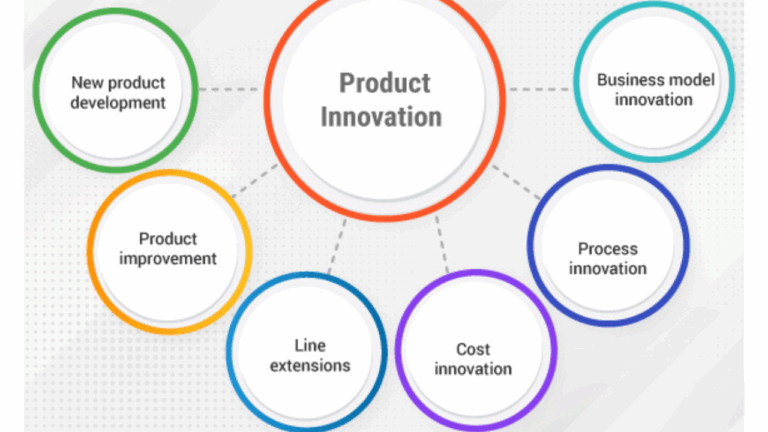The Influence of Economic Indicators on Business Decision-making
Betbhai9, Satsports: Economic indicators play a crucial role in informing businesses about the current state of the economy. These indicators, such as GDP, unemployment rate, and inflation rate, provide valuable insights that businesses can use to make informed decisions. By analyzing these indicators, businesses can assess market trends, predict consumer behavior, and plan their strategies accordingly.
For example, a high GDP growth rate indicates a strong economy with increased consumer spending power. This can be a positive sign for businesses, as it may indicate potential for higher sales and profits. On the other hand, a rising unemployment rate may signal economic instability, leading businesses to adjust their hiring plans and marketing strategies to adapt to the changing market conditions.
Understanding the Role of GDP in Business Decision-making
GDP, or Gross Domestic Product, serves as a critical indicator for businesses when making strategic decisions. It provides a snapshot of the total value of goods and services produced within a country’s borders over a specific period. By analyzing GDP trends, businesses can gain insights into the overall health and growth potential of an economy, which can help in forecasting sales, setting budgets, and planning investments.
Moreover, GDP plays a significant role in influencing consumer behavior and confidence levels. When GDP growth is robust, consumers are more likely to spend money, leading to increased sales and business expansion opportunities. Conversely, a decline in GDP growth might signal economic downturns, causing consumers to tighten their spending, impacting businesses across various sectors. By closely monitoring GDP trends, businesses can adjust their strategies to adapt to changing market conditions and optimize their performance in the long run.
GDP provides a snapshot of the total value of goods and services produced within a country’s borders
Analyzing GDP trends helps businesses gain insights into the overall health and growth potential of an economy
Businesses can use GDP to forecast sales, set budgets, and plan investments
Robust GDP growth influences consumer behavior and confidence levels positively
Decline in GDP growth might signal economic downturns, impacting consumer spending
Monitoring GDP trends allows businesses to adjust strategies to adapt to changing market conditions
Unemployment Rate: A Key Factor for Business Strategy
Understanding and monitoring the unemployment rate is crucial for businesses when formulating their strategies. A high unemployment rate indicates a weaker purchasing power among consumers, which can lead to reduced demand for goods and services. In response, businesses may need to adjust their production levels, marketing strategies, and pricing to align with the changing economic landscape.
Conversely, a low unemployment rate suggests a strong economy with more consumers having the ability to spend, potentially leading to increased sales opportunities for businesses. However, a tight labor market may result in higher wages, making it challenging for businesses to attract and retain skilled employees. By staying informed about the unemployment rate, businesses can better anticipate market trends and adapt their strategies accordingly for sustained growth and success.
What is the significance of economic indicators for businesses?
Economic indicators provide valuable insights into the overall health of the economy, helping businesses make informed decisions and develop effective strategies.
How does GDP impact business decision-making?
GDP (Gross Domestic Product) is a key measure of a country’s economic performance and can influence consumer spending, investment decisions, and overall business confidence.
Why is the unemployment rate important for businesses?
The unemployment rate reflects the availability of labor in the market, impacting wages, consumer spending, and overall demand for goods and services, all of which are crucial factors for business planning and strategy.
How can businesses use the unemployment rate to their advantage?
By monitoring changes in the unemployment rate, businesses can anticipate shifts in consumer behavior, adjust hiring practices, and develop strategies to remain competitive in a changing economic environment.







